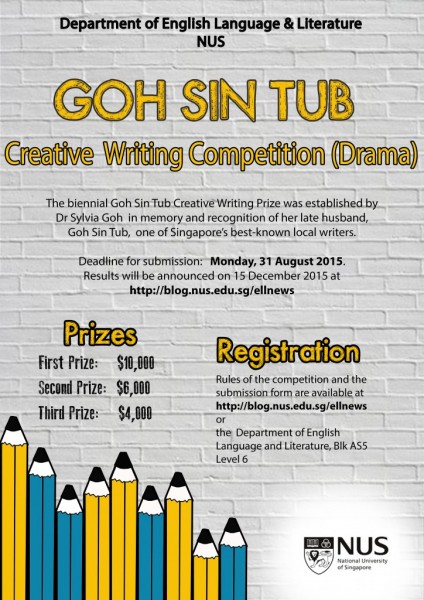This internship is open for application to Psychology and Sociology students.
Would you like to take part in building the Smart Nation of the future?
If your answer is yes, we would like to invite you to take up an internship position with our Smart Urban Environment team.
Our Thales Research & Technology (TRT) in Singapore is conducting research in the field of Advanced Crowd Simulations in Urban environments. SE-Star, Thales’ crowd simulator, is an advanced biomimetic simulator which aims at producing realistic and high fidelity simulations of crowd behaviors as well as complex urban infrastructures. The simulation comprised of two main components they are the Adaptive Agents (simulated individuals) and the Smart Objects (urban infrastructure). Each Adaptive Agent has a unique personality with autonomous motivational driven and opportunistic behavior.
You will be working with our team to enhance and localize features and characteristics of the Adaptive Agents in Singapore’s context. Your responsibilities would include:
- Identification of local individual and crowd behaviors for a potential environment to be simulated
- Translation of the identified behaviors together the engineers who will then model and implement them in the simulator
- Assessment and validation of the realism of the behaviors in the completed simulation
You will have the opportunity to work with other industrial and/or government stakeholders who are interested in using SE-Star to simulate and solve their real world problems.
Requirements:
- The candidate should have strong interest in applications of human behavioral/psychological knowledge to engineering applications.
- This is a three-month vacation internship with possibility to continue part time during the following semester.
- Year 3 students preferred.
About Thales
Thales is a global technology leader in the Aerospace, Transportation, Defence and Security markets. In 2013, the company generated revenues of €14.2 billion with 65,000 employees in 56 countries. With its 25,000 engineers and researchers, Thales has a unique capability to design, develop and deploy equipment, systems and services that meet the most complex security requirements. Thales has an exceptional international footprint, with operations around the world working with customers and local partners.
Diagram of SE Star
Apply to Ms Serena Goh (email: serena.goh@asia.thalesgroup.com)
